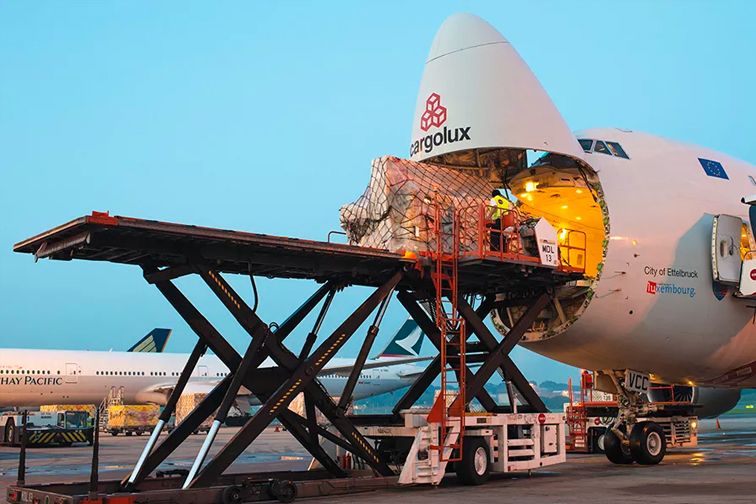SINGAPORE 3rd October 2024 – Singapore’s Deputy Prime Minister and Minister for Trade and Industry, Gan Kim Yong, addressed the city-state’s role in enabling global supply chains.
In his address to more than 100 industry leaders from the supply chain sector, Gan noted that as manufacturers worldwide work to mitigate risks by exploring new production locations, and develop new markets, the impact on global supply chains is significant. Speed to market and personalization are becoming increasingly important, he noted.
Key shifts in how major brands like Unilever and Apple are serving increasingly affluent consumers in Asia have contributed to greenfield investment in Southeast Asia (SEA) growing by more than 50% from 2022, reaching a record $175 billion in 2023.
Additionally, the Gartner Trends in APAC Supply Chain Network Survey found that nearly 50% of respondents plan to expand or establish at least one additional supply chain function hub in South Asia or Southeast Asia within the next three years.
Amid competition from neighboring ports in SEA, Singapore has steadily enhanced its reputation as a global supply chain hub through strategic investments in infrastructure and technology. Gan emphasized that Singapore will continue to invest in three key areas—connectivity, capabilities and capacity—to maintain its leadership in the logistics and supply chain industry.
Starting in 2030, Singapore will develop a second Airport Logistics Park (ALPS2) to strengthen its position as a regional air cargo transshipment hub. The new park will increase Singapore’s air cargo handling capacity from 3 million to 5.4 million tonnes per year.
ALPS2 will also be a Free Trade Zone, enabling third-party logistics providers to respond more swiftly and handle time-sensitive products for quick redistribution.
Singapore anticipates that ALPS2 will significantly increase its capacity to attract logistics companies and activities, including regional distribution centers and freight forwarding operations, helping to secure the country’s role as a critical node in global supply chains.
This initiative complements previous plans, such as the development of the Tuas mega port, which is expected to be fully operational by 2040. Tuas will play a key role in enhancing Singapore’s logistics capabilities. Furthermore, the country’s extensive network of Free Trade Agreements contributes to its role as a global trade hub, helping businesses navigate complex supply chains amid shifting geopolitical and economic landscapes.
Industry expert Dr. Knut Alicke of McKinsey noted a 2% increase in transshipments from Southeast Asia to the rest of the world as part of a broader regionalization trend. Companies are reshuffling operations, bringing critical functions closer to customers, which bolsters Singapore’s position as a key hub in Southeast Asia.
Dr. Alicke also highlighted Singapore’s focus on digital transformation, skills development, sustainability and intellectual property protection as essential to maintaining its relevance in an increasingly competitive global market



